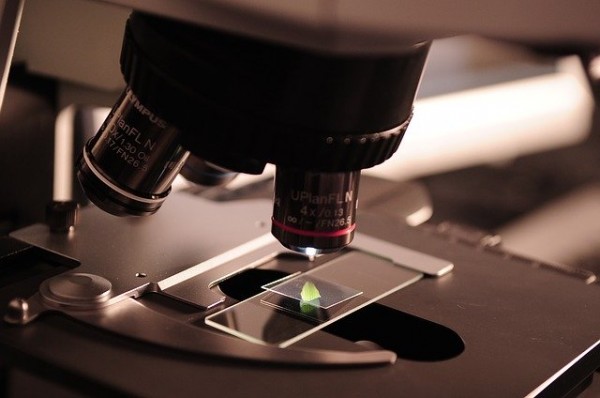Ongoing Research Discovery: A Gene That Can Reduce One’s Likelihood To Develop Alcoholic Cirrhosis

Indiana University School of Medicine researchers are currently studying more about how an individual’s genes play role in the probability that he will suffer from alcoholic cirrhosis with their discovery of a gene that could make the said condition less possible.
Indiana University School of Medicine researchers are currently studying more about how an individual's genes play a role in the probability that he will have alcoholic cirrhosis with their discovery of a gene that could make the said condition less possible.
Alcoholic cirrhosis can occur after several years of too much alcohol drinking. The researchers said, discovering more about this particular illness "couldn't come at a more important time."
According to professor of medicine and dean's scholar in medical research for the Department of Medicine Division of Gastroenterology and Hepatology, Suthat Liangpunsakul, based on the United States data, alcohol-related liver disease "is on the rise in terms of the prevalence and occurrences," and it is being experienced more frequently by younger patients.
Liangpunsakul, who is also among the study's principal investigators added, there is a real problem in public health that involves alcohol consumption, and people who start drinking at a younger age.
ALSO READ: A Benefit of Exercise That You Probably Haven't Heard Much About
DNA Samples Taken from Nearly 2,000 Patients
The scientists described their findings in a newly published Hepatology paper. Specifically, the GenomALC Consortium was financially backed by the NIAAA or the National Institutes on Alcohol Abuse and Alcoholism, part of the National Institute of Health or NIH.
This research by a genome-wide association started a couple of years ago and is among the most extensive studies associated with alcoholic cirrhosis, ever conducted.
The team took DNA samples from more than 1,700 patients from US sites, and several European and Australian countries, and sent them to IU School of Medicine where the said researchers performed the isolation of DNA for genome evaluation.
The researchers divided the patients into two groups: one is a group of heavy drinkers without any history of alcohol-induced liver disease; and the other, a group of heavy drinkers who indeed, had alcoholic cirrhosis.
DON'T MISS THIS: Coffee May Stop the Occurrence of Irregular Heartbeats, Research Says
Key Research Finding
The study's lead author, Tae Whi Schwantes-An, Ph.D. said their key finding is a gene called "FAF2 or Fas Associated Factor Family Member 2."
Schwantes-An, also a medical and molecular genetics assistant research professor added, "There's this convergence of findings now," pointing to genes engaged in "lipid droplet organization pathway, and that appears to be one of what the researchers called "biological reasonings" of why specific individuals develop liver disease and why some others do not.
In connection to this, scientists are looking forward to studying this gene more closely and evaluating its association with other, formerly-discovered genes that can make one more likely to have alcoholic cirrhosis.
Schwantes-An said they know for a fact such genes are "linked together in a biological process." Hence, the reasonable next step is to investigate the manner the changes in these genes change that process's function whether it is less effective in one group of individuals or probably, it is, in some way, inhibited.
The lead author also said they do not know exactly what the biological groundwork of that is. However, now, "We have a pretty well-defined target" from which they can look at these variants and find out how they are associated with alcoholic cirrhosis.
Furthermore, the team's study continues with the hope of eventually finding a way to determine this genetic factor to help them avoid the occurrence of alcoholic cirrhosis in the future, or develop targeted treatments that can help people in a more personalized manner.
IN CASE YOU MISSED IT: Chocolate Cake for Breakfast to Lose Weight? Here's What You Need to Know
Check out more news and information on Alcoholic Cirrhosis on MD News Daily.
Sep 13, 2020 11:36 PM EDT





